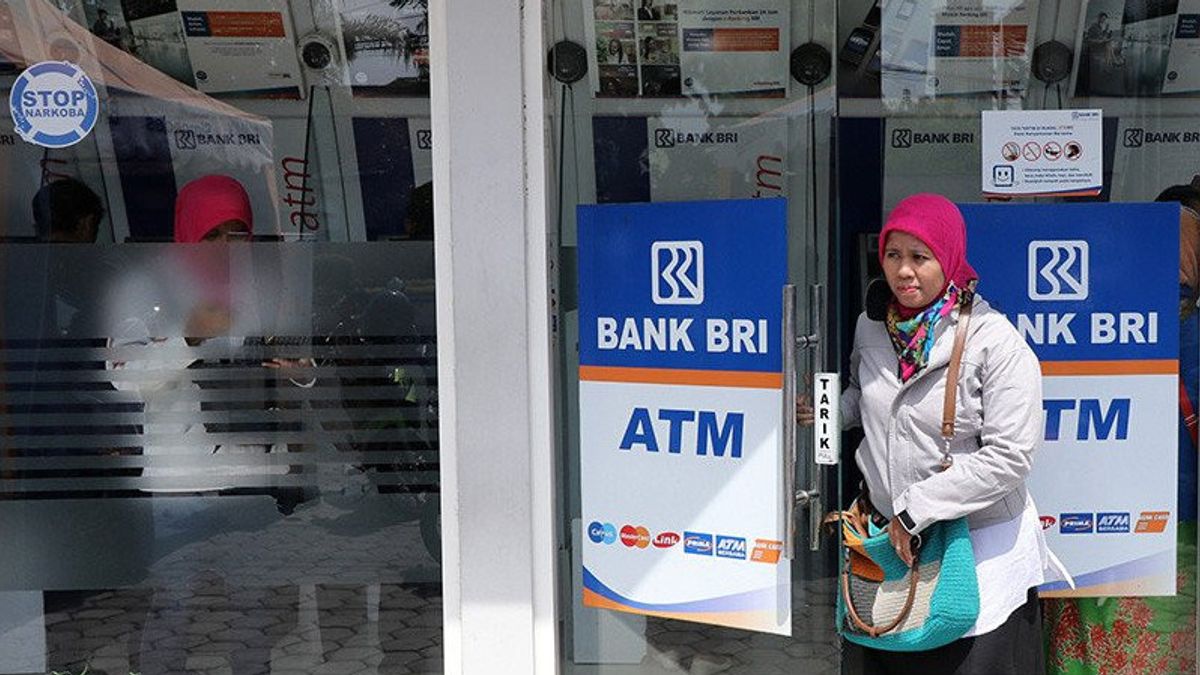JAKARTA - BRI's Corporate Secretary Aestika Oryza Gunarto appealed to BRI customers to be aware of fraud with the social engineering mode that is currently rife.
"The rise of this crime has encouraged BRI to continue to invite its customers and all parties to always prioritize vigilance in receiving messages in any form, by not rushing to believe the message," Aestika said as quoted by Antara, Thursday, June 16.
Aestika added that customers were asked not to disclose the confidentiality of personal data and banking data to other people or parties on behalf of BRI.
"We convey this because recently, there were several customers who became victims of the fraud, one of which was the viral footage of residents in Padang Pariaman who came to the BRI work unit because they were victims of fraud, due to providing users, passwords, and one time passwords ( OTP) to other parties via links or short message networks," he said.
BRI has also coordinated with law enforcement officials to immediately take action and arrest the perpetrators of these banking crimes, by tracing the IP addresses of the perpetrators.
"We have also coordinated with related parties, especially law enforcement officers to continue to monitor, investigate, and arrest perpetrators of banking crimes that have disturbed the public and the banking sector," said Aestika.
Aestika explained that the way social engineering works is quite fast, even less than 5 minutes.
Perpetrators communicate with their victims via telephone or short message services or chat.
The perpetrator tries to trick the victim into giving access to personal data such as credit card numbers, PIN, OTP, CVV/CVC, biological mother's name, and other personnel data, then the balance in the account can be lost.
After providing access to personal data, the perpetrator immediately takes all the data provided before the victim realizes that he has been cheated and has given access to personal data to an unknown person.
"Social engineering attacks can occur in various forms, such as by telephone, downloaded files, fake pop-ups, to, most often, fake links. Meanwhile, the characteristics of the social engineering mode that are currently prevalent are information on tariff changes, offers become priority customers, fake customer service social media accounts, offers to become Laku Pandai agents," he said.
The English, Chinese, Japanese, Arabic, and French versions are automatically generated by the AI. So there may still be inaccuracies in translating, please always see Indonesian as our main language. (system supported by DigitalSiber.id)













